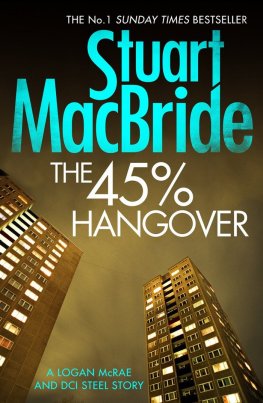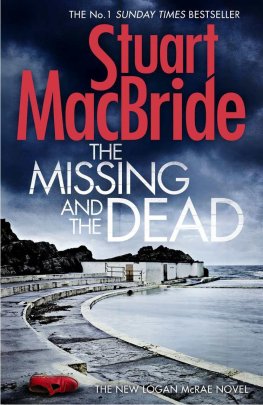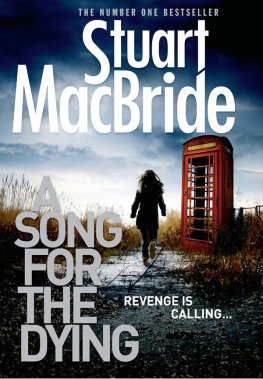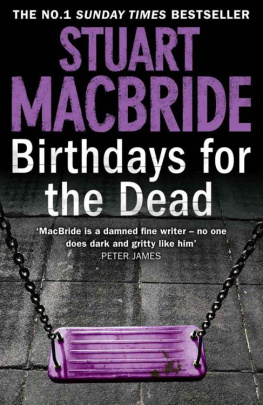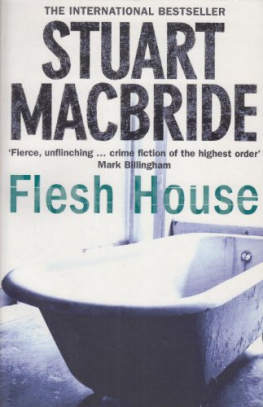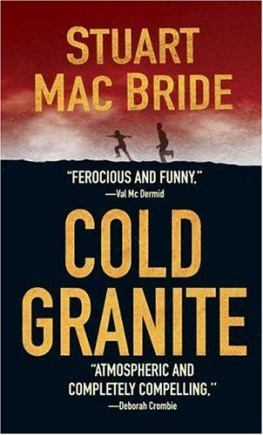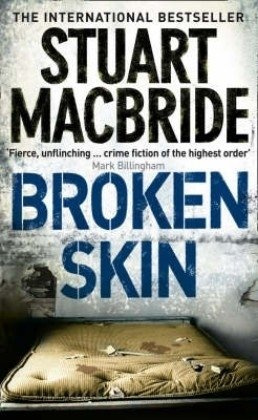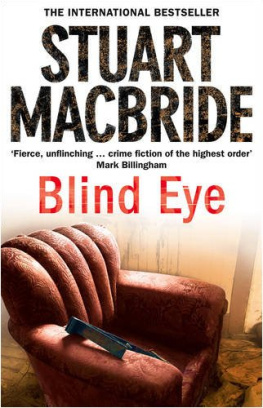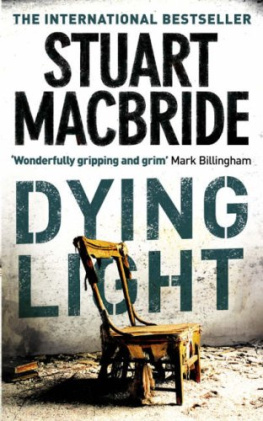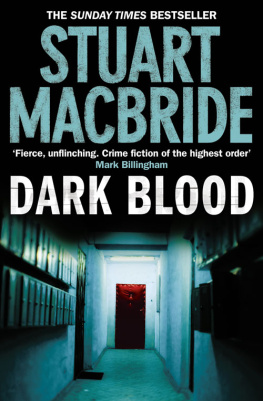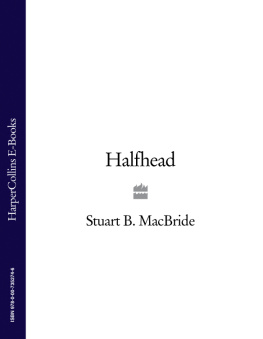Elizabeth Keane - Seán MacBride, A Life: From IRA Revolutionary to International Statesman
Here you can read online Elizabeth Keane - Seán MacBride, A Life: From IRA Revolutionary to International Statesman full text of the book (entire story) in english for free. Download pdf and epub, get meaning, cover and reviews about this ebook. year: 2007, publisher: Gill & Macmillan, genre: Non-fiction. Description of the work, (preface) as well as reviews are available. Best literature library LitArk.com created for fans of good reading and offers a wide selection of genres:
Romance novel
Science fiction
Adventure
Detective
Science
History
Home and family
Prose
Art
Politics
Computer
Non-fiction
Religion
Business
Children
Humor
Choose a favorite category and find really read worthwhile books. Enjoy immersion in the world of imagination, feel the emotions of the characters or learn something new for yourself, make an fascinating discovery.

- Book:Seán MacBride, A Life: From IRA Revolutionary to International Statesman
- Author:
- Publisher:Gill & Macmillan
- Genre:
- Year:2007
- Rating:5 / 5
- Favourites:Add to favourites
- Your mark:
Seán MacBride, A Life: From IRA Revolutionary to International Statesman: summary, description and annotation
We offer to read an annotation, description, summary or preface (depends on what the author of the book "Seán MacBride, A Life: From IRA Revolutionary to International Statesman" wrote himself). If you haven't found the necessary information about the book — write in the comments, we will try to find it.
An exceptional man, an extraordinary career a life of Sen MacBride, Irelands most distinguished statesman
Sen MacBride (19041988) was at different times the Chief of Staff of the IRA, a top criminal lawyer, leader of Clann na Poblachta, Irish Foreign Minister, UN Commissioner, and a founding member of Amnesty International. He is the only person to have won both the Nobel Peace Prize (1974) and the Lenin Peace Prize (1977).
Sen MacBride, A Life, by accomplished historian Elizabeth Keane, is the first complete biography of this multifaceted, complex and internationally renowned Irish politician. From revolutionary terrorist to conservative constitutional politician to liberal elder statesman and international humanitarian, Sen MacBride uncovers the political and personal story of one of twentieth-century Irelands most controversial figures.
Sen MacBride begins with MacBrides birth in Paris in 1904. With icons of the nationalist movement in Ireland for parents, MacBrides future as a politician was fated: his father John MacBride was a Boer War hero executed for his role in the Easter Rising of 1916; his mother Maud Gonne was an outspoken revolutionary and the lost love and muse of Irelands most famous poet W.B. Yeats.
Sen MacBride then looks at MacBrides membership of the IRA, which he joined as teenager. He fought in both the Irish War of Independence and the Irish Civil War. Sen MacBride charts his rapid rise through the ranks, looking at how he became the Director of Intelligence and later Chief of Staff of the IRA before relinquishing his position and becoming a top criminal barrister.
MacBride entered Dil ireann for the first time in 1947 as the leader of Clann na Poblachta, and formed the first coalition government in Irish history in 1948. Appointed Minister for External Affairs (Foreign Minister), Sen MacBride considers MacBrides tenure in office, which included overseeing the acceptance of the European Convention on Human Rights, the rejection of NATO and Irelands exit from the Commonwealth. His refusal to support fellow Clann na Poblachta TD Nol Brownes Mother-and-Child Scheme in the face of the opposition of the Catholic bishops led to the collapse of the coalition.
MacBride lost his seat in the 1957 election, retired officially from Irish party politics and entered the third phase of his life: international statesman and human rights activist. Sen MacBride looks at the pivotal role MacBride played in European and international politics and human rights over the course of his later years, including founding Amnesty International, opposing apartheid in South Africa and agitating against nuclear armament.
Few Irish politicians have had such an impact domestically and internationally. From MacBrides violent IRA beginnings to his later advocacy of peace in politics, Sen MacBride, A Life captures the twists and turns of a fascinating career. A figure of national and international importance, one of the most distinguished Irish people of the twentieth century, he has found a biographer of authority and assurance in Elizabeth Keane, whose survey of his life and times is astute, insightful and convincing.
Praise for Elizabeth Keane:
A singular voice in Irish history
The Sunday Business Post
Elizabeth Keane: author's other books
Who wrote Seán MacBride, A Life: From IRA Revolutionary to International Statesman? Find out the surname, the name of the author of the book and a list of all author's works by series.

